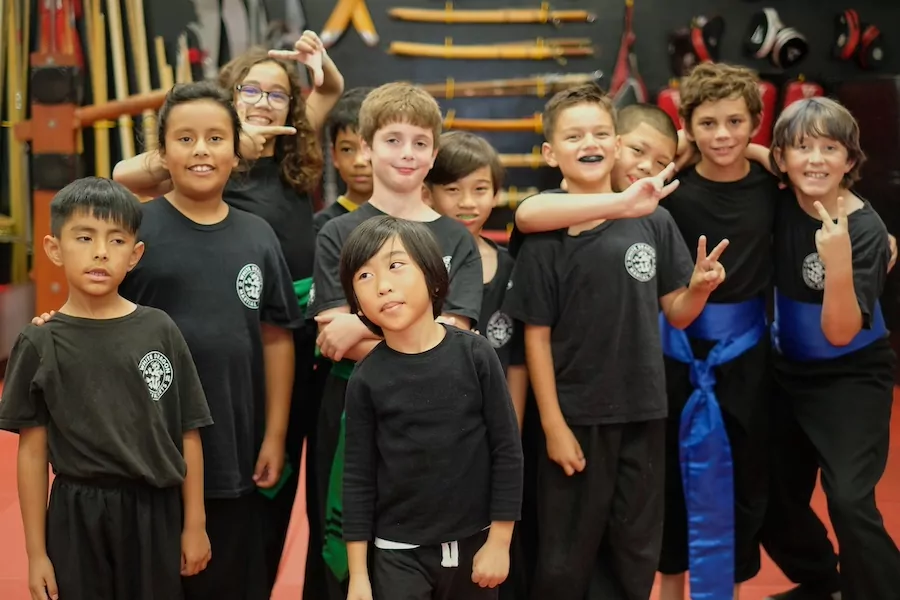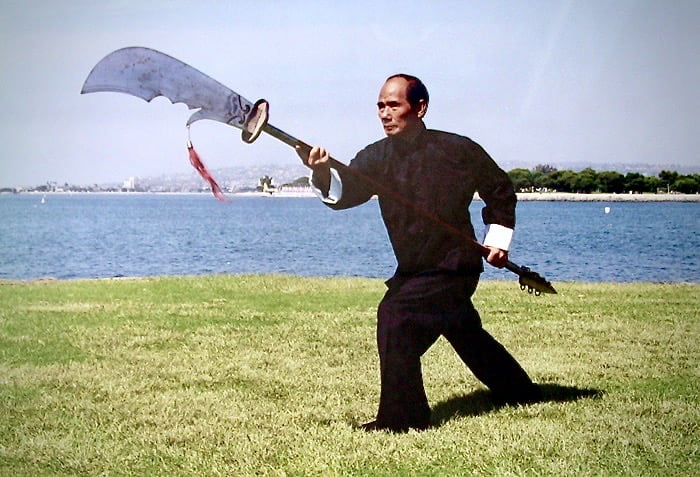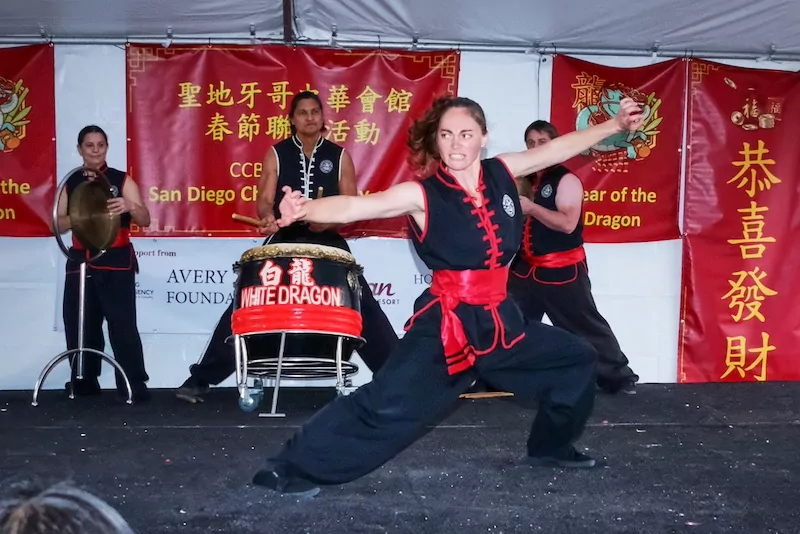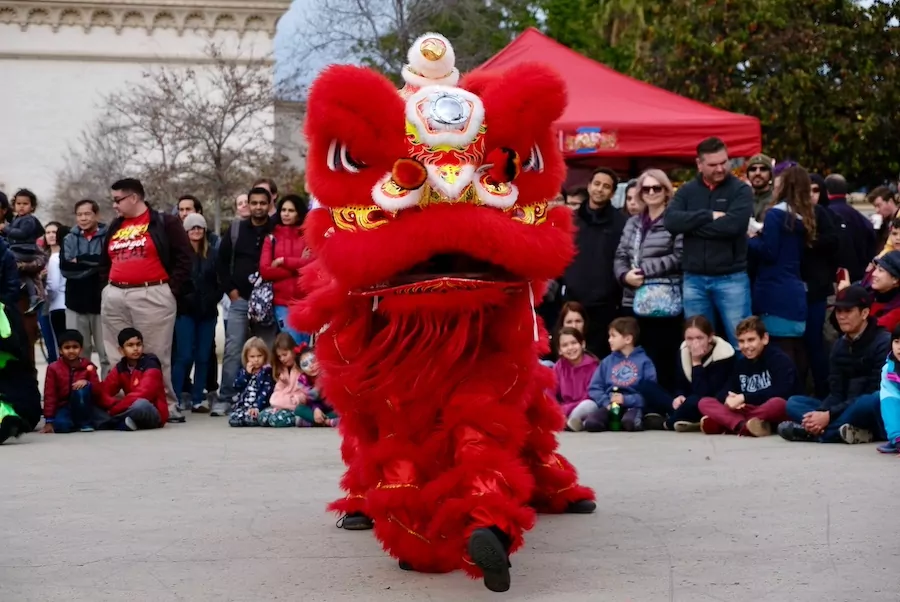The White Dragon School Blog

Now Is That Gratitude?
It’s the season to be grateful. Gratitude practices are all the rage these days. You know, reflect back on the year and be thankful for life’s many blessings.
If you do a search for “gratitude practices” you’ll come across numbered lists which include things like, “keep a gratitude journal,” “tell some one you love them,” and even “spend more time in nature.” Although I don’t object to any of those things, I think they miss the mark when it comes to developing a deep sense of appreciation. To be honest, this kind of thinking never really made much sense to me.
Are we grateful because fortune has smiled upon us? Are the good things in life forerunners to our state of happiness and gratitude? What happens when life gets difficult? Does our gratitude evaporate because things don’t go our way?
I think it’s the other way around. Showing gratitude can lead to a life filled with joy and meaning.
So this holiday season, here’s an alternative. Martial arts training is a form of gratitude practice. Yes, that’s right. Go workout and maybe even do it with some friends. You’ll become a more grateful person in the process.
Let me explain.
Goal achieving, which is a major component to a well designed martial arts program, has been proven to raise dopamine levels in the brain. Among many other things, dopamine helps us to stay focused and motivated. But perhaps more importantly, elevated levels of dopamine have been shown to improve mood and an overall sense of well being. Read an article here about how working towards goals boosts dopamine levels.
Group training, which is another major component of the modern martial arts school, leads to higher levels of bonding among its members. This is because group training increases blood levels of the neuropeptide oxytocin. Sometimes nicknamed the “bonding hormone,” oxytocin facilitates the ability to read other people’s emotions and deepens bonds between group members. What’s key to note is that elevated oxytocin levels are the result of group training rather than a precursor. Learn about how group workouts lead to higher levels of oxytocin here.
Oxytocin is also the hormone which is responsible for the ability to empathize with others. When we share time with people who we trust, the result is higher levels of empathy. Past research suggests that gratitude and empathy are correlated.
The one-on-one mentoring process at our school builds empathy. It is perhaps the best tool that I know of that helps us to understand and share the feelings of others. From personal experience, I feel a strong sense of connection with my teacher, Tai-Sigung, with my training partner of nearly 20 years, Quinn Early, and with my many students. I’m also very grateful for the many things that they have all taught me. Read about the relationship between empathy, compassion, and gratitude here.
There’s also a growing body of evidence demonstrating that having an “attitude of gratitude” leads to higher levels of performance. Practicing gratitude facilitates resilience which can help you overcome obstacles and setbacks, which are an inevitable part of martial arts training. Find out more about the “Gratitude Effect” here.
So there you go. Those are a just a few ways in which martial arts training can lead to increased levels of well being, connectedness, and gratitude.
As always, I hope that martial arts training will give you the tools necessary for a more healthy and vibrant life.
Tai-Sifu
P.S. Happy Thanksgiving to all of you. We’re very grateful for your continued support. Now is that gratitude?


















